From 24th to 26th March, 2025, The conference “Asia Society Schwarzman Scholars Alumni Seminar” took place in Hanoi. Several experts, scholars and policy researchers in both Vietnam and internationally have gathered to discuss the significant challenges as well as opportunities of Vietnam in terms of volatile situations in both regional and global context.
Within the three-day program, the discussion sessions successively explored many hot topics that have great influence on national development policies. The 1st session provided a strategic perspective of Vietnam's role as a rising star in the Indo-Pacific Ocean region, with the participation of former Ambassadors of both VietNam and America. The second session was about the ability of climate change adaptation, one of the current challenges that Vietnam has been facing, especially in vulnerable areas such as the Mekong River Delta.
In the 3rd session, the theme is “Sustainable Development and Smart City”, Dr. Nguyen Phuong Nam, CEO KLINOVA Climate Innovation Consulting & Services, attended the conference to share insights on current status, opportunities and challenges in building smart cities. This session revolved around the big question: how to make urbanization in VietNam become inspiration in sustainable development instead of being a cause of pressure on infrastructure, environment and society? Indeed, from the fact that Vietnam has scaled urbanization from less than 20% in 1990 up to 37% in 2022, anticipated to reach up above the milestone of 50% in 2040. Facing that rapid scale, combining new smart technology with city planning and operation is now not only a choice but also a prerequisite to ensure the sustainability and resilience of the cities in the future
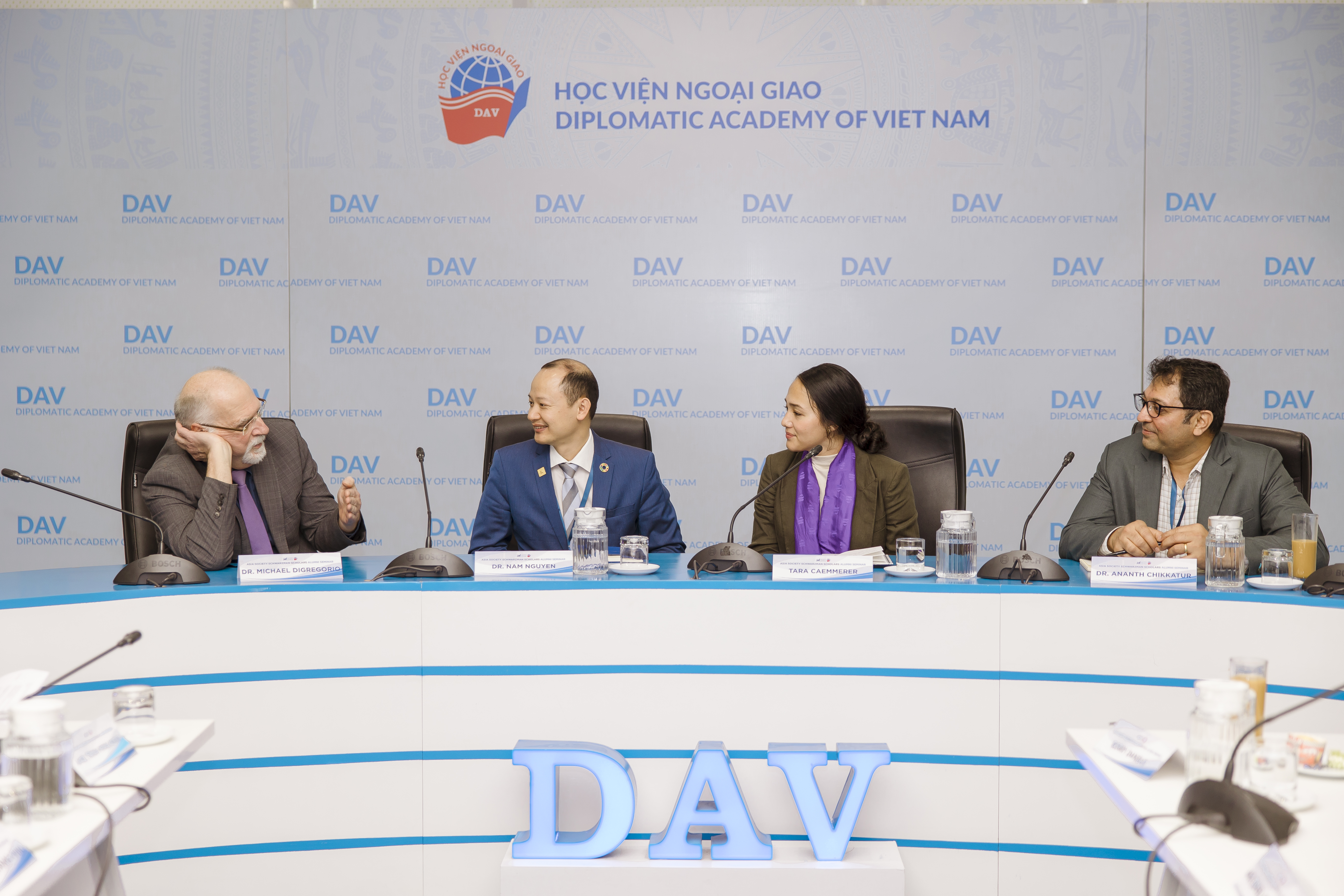
On top of that, Dr. Nam has emphasized that a smart city needs to be attached closely to climate policy, green credit and the participation of the stakeholders. Furthermore, Dr. Nam has highlighted the role of several tools such as smart electricity network, modern waste management system, and green facility in emission reduction and increasing resource use efficiency. Some barriers have also been pointed out by Dr. Nam: lack of synchronous legislation framework, limited access to finance aid, and scattered deployment capacity among localities. Dr. Nam then called for stronger coordination among stakeholders – from governments, the private sector to international organizations – to turn vision into more concrete action.
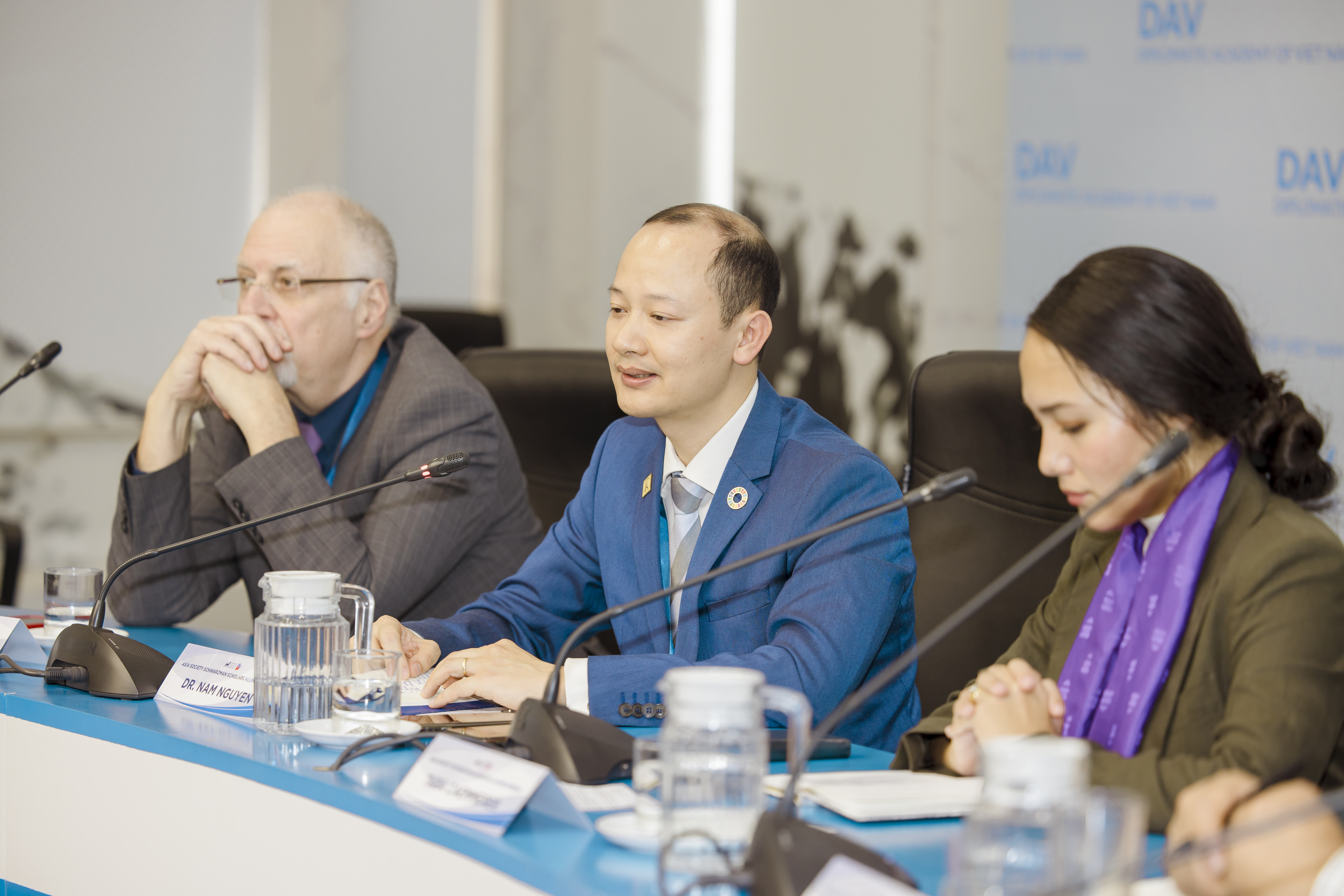
Dr. Nam Nguyen (in the middle), sharing the insights during the conference
Following the success of three discussion sessions, the next ones on 26th March have expanded the topic to diplomacy, foreign investment and technology development - the cornerstones in Integration and Growth of Vietnam’s strategy. In particular, the 5th session revolved around FDI capital flows and the shift of global supply chains into Vietnam, which has brought new expectations about national manufacturing position in the near future.
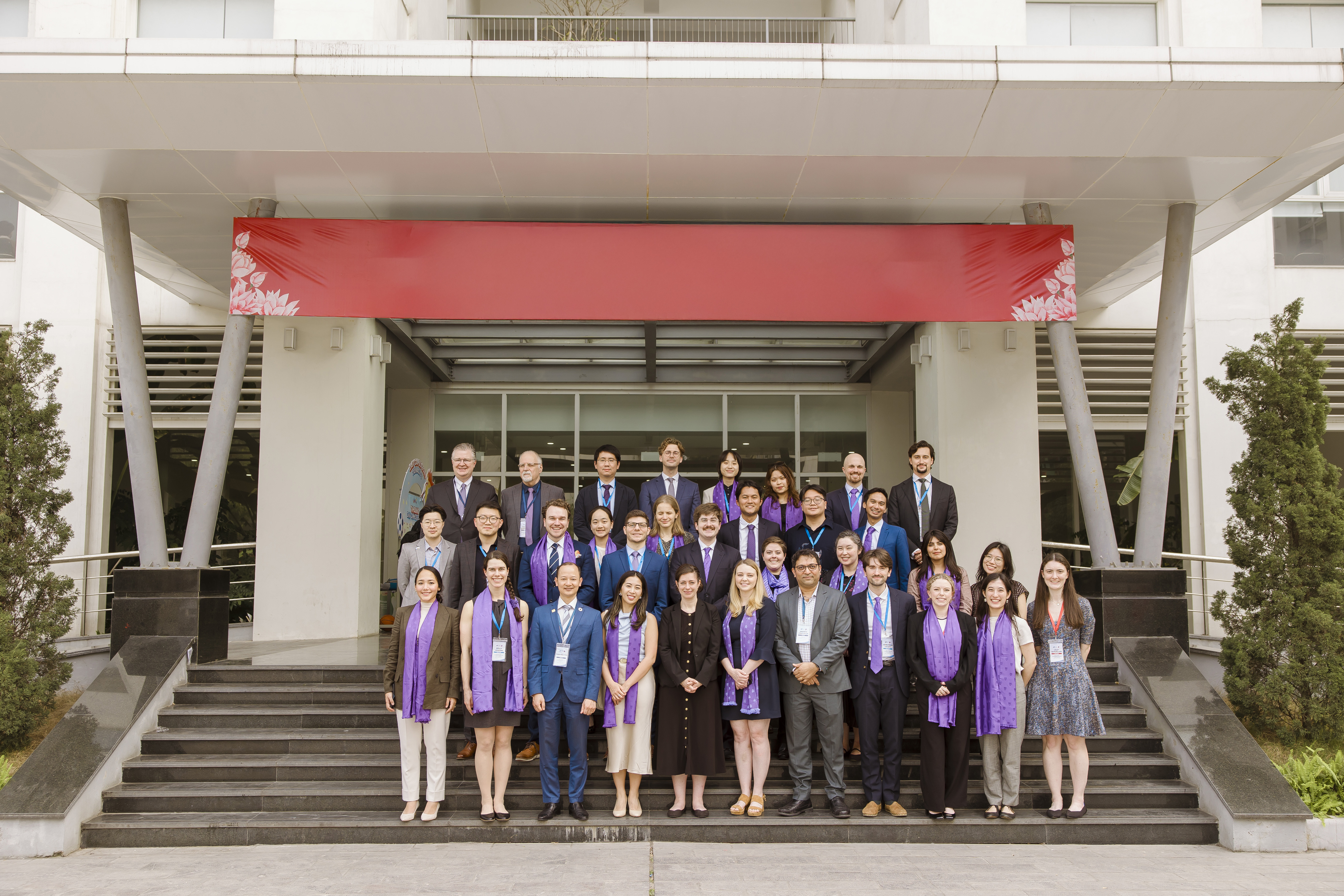
The conference “Asia Society Schwarzman Scholars Alumni Seminar” 2025 is not only about the academic and practical discussion sessions, it also has made itself an opportunity for Schwarzman scholars in Vietnam gather together, get inspired and create a space of interdisciplinary knowledge, with the willing to build a sustainable, moderned development for Vietnam, strong and deep integration to the world.
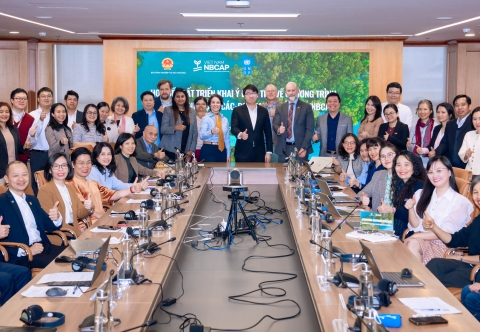 Meeting to propose the implementation of the Letter of Intent for the National Green Carbon Action Partnership Program (NBCAP)
Meeting to propose the implementation of the Letter of Intent for the National Green Carbon Action Partnership Program (NBCAP)
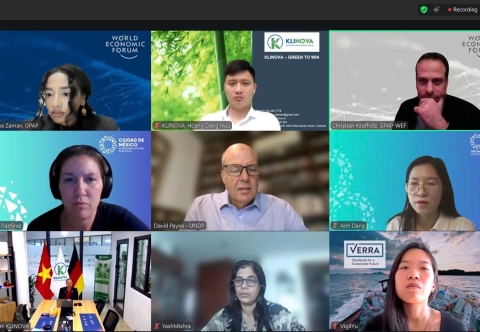 Online Workshop on the Financing Roadmap for Plastic Action to 2030: Mobilizing USD 8.5 Billion for Viet Nam’s Circular Economy
Online Workshop on the Financing Roadmap for Plastic Action to 2030: Mobilizing USD 8.5 Billion for Viet Nam’s Circular Economy